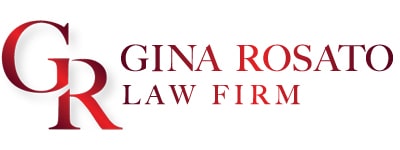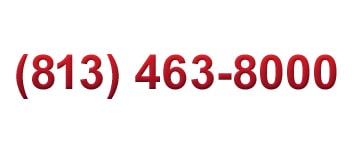FDCPA and FCCPA Violations
FDCPA and FCCPA Violations often occur when a creditor or collection company acts in a harassing conduct. These may be some instances that are considered debt harassment:
- Calls to your employer.
- Calls to your relatives or friends.
- Calls that occur after a debtor has stated that they cannot pay the debt.
- Calls after a written cease and desist request from the debtor or debtor’s counsel.
- Calls that are after a consumer has informed the debt collector that they have an attorney.
- Threatening or nasty calls from the creditor or debt collector that they will put you in jail, threats of legal action against you, statements that you are a deadbeat, or the use of foul language or the impersonation of an officer of the law by the creditor.
- Threats of action that the creditor cannot legally do.
- Large volume or frequency of calls.
- Calls before 8:00 am and after 9:00 pm.
- Calls from auto dialers.
- Calls that are solicited after the statute of limitations has passed.
- Attempting to collect a debt that has been discharged in bankruptcy.
TCPA Violations
A TCPA violation is occurs when a debt collector or creditor calls a consumer’s cell phone when they did not have authorization to call the cell phone, or when they used to have prior authorization, but the authorization was later revoked. Authorization that is provided to an original creditor, such as in a credit application can be transferred to a subsequent collection company. Authorization can be written or verbally revoked. Creditors may still continue to harass you even after they are asked to stop.
WILL BANKRUPTCY STOP CREDITOR HARASSMENT?
Filing for bankruptcy will stop credit card debt collectors from harassing you. The Fair Debt Collection Practices Act (FDCPA) mandates that collection agencies must stop contacting you once they find out you have a lawyer representing you in your bankruptcy matter. Debt is a major burden on many families but being harassed by creditors can be very traumatic. If you qualify for Chapter 7 bankruptcy then all of your unsecured debt will be forgiven and discharged forever. If you do not qualify for a Chapter 7 bankruptcy, you may still qualify for relief under a Chapter 13 bankruptcy. This type of bankruptcy allows you to create a repayment plan that you control to make it more manageable. You pay what a reasonable budget shows you are able to pay.
Even if you do not intend to file bankruptcy you may have a potential claims against a creditor for harassment. Some examples of creditor harassment are below.
Debt Harassment After Bankruptcy
If you are being contacted by a creditor or collection agency after filing for bankruptcy and including the creditor in your bankruptcy petition then the creditor is illegally attempting to collect the debt. Many creditors are aware of their actions and can find themselves in serious trouble with the courts as well as potentially facing financial penalties for every violation that occurs. I have had some of my clients actually contact me several months or years after filing bankruptcy facing this situation. If this is happening to you then contact me immediately to discuss your potential case.
Are you being abused by creditors or collection agents who are threatening you and may be violating your rights under the (FDCPA) Fair Debt Collection Practices Act? You may need a Tampa Debt Harassment Lawyer to assist you in fighting back. If are being harassed by creditors who may be violating FDCPA laws please contact me today for a free initial case evaluation at: 813-463-8000.







